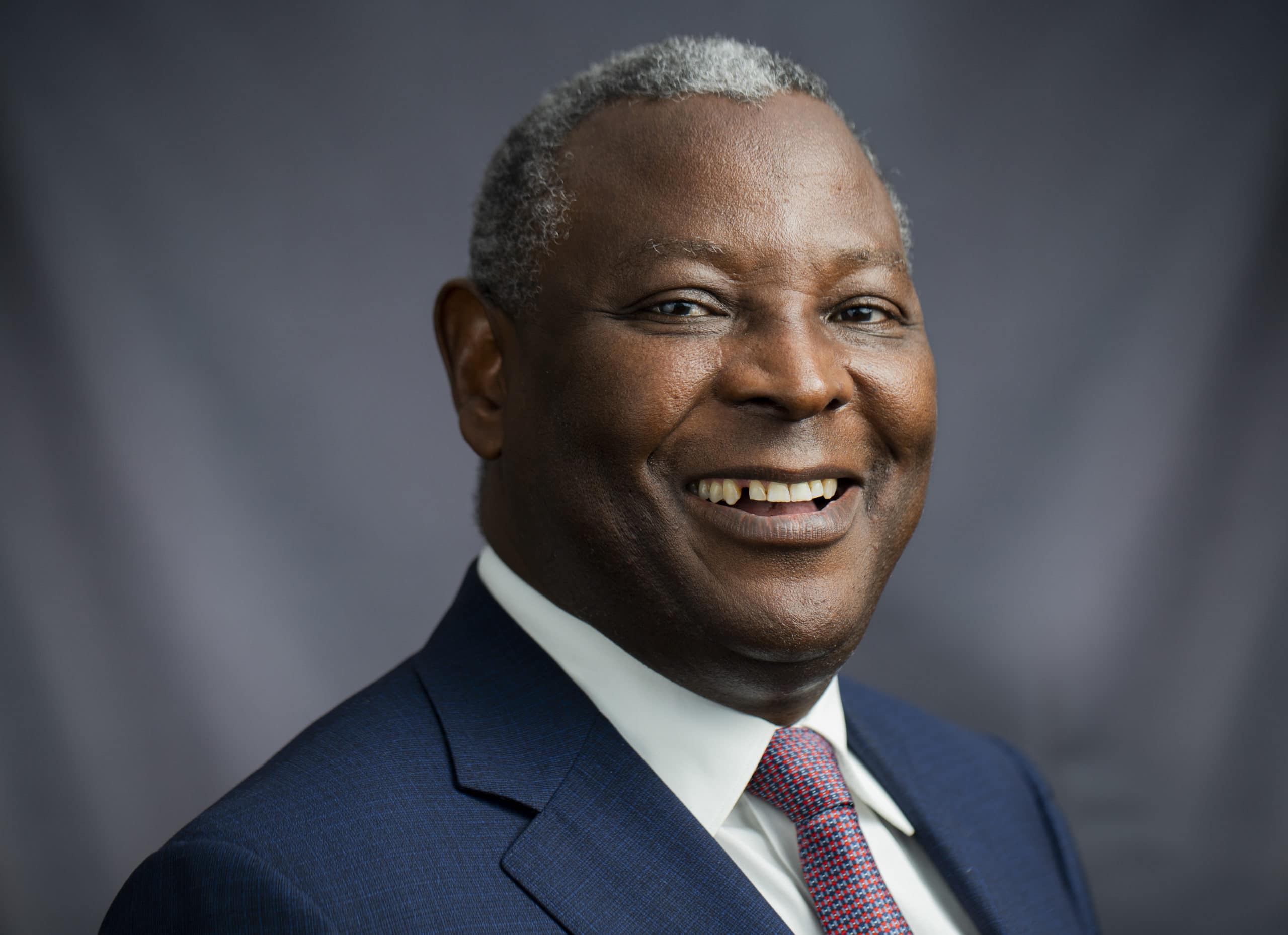James Mwangi; images by Paul Kariuki Munene for FORBES AFRICA IN Nairobi In 1993, Dr James Mwangi walked away from a promising career at one of Kenya’s largest banks, to join the Equity Building Society. Three decades on, few could have predicted his entrepreneurial leadership would work to transform not just Equity but the financial services of the region. FORBES AFRICA meets the man behind East Africa’s billion-dollar banking empire.
Dr James Mwangi, Managing Director and CEO of Kenya’s Equity Group, is a captivating figure. His trademark smile and down-to-earth demeanour set him apart from the traditional banker. But Mwangi isn’t your run-of-the-mill chief executive. His journey to the C-suite has been fuelled by sheer resolve, belligerent bravado, and an uncanny concern for his customers.
It’s hard to believe that the force behind East Africa’s pioneering billion-dollar banking brand grew up in circumstances far removed in rural Nyagatugu, a tiny village flanking the Aberdare mountains in central Kenya.
“I am a product of my upbringing [and] it has [had] a significant influence on how I see things today… [but] my village of Nyagatugu was not enough to say that I conquered Africa,” declares Mwangi from his office at Equity’s corporate headquarters in Upperhill, Nairobi’s swanky business district, in an interview with FORBES AFRICA in July.
The banker describes his childhood as humble, dignified but fraught with difficulty. Born in 1962 to peasant farmers, Mwangi’s parents had no formal education and lived apart from what he calls the ‘monetary society’. As a boy, he had never met anyone who owned a bank account or even fathomed being served by any of the country’s banks which, at the time, only catered to a privileged few.
“It was a simple life. As boys, we grazed cows and goats… we hunted wild animals like rabbits. Growing up, we didn’t know [if] people were ‘well-off’ or [if] people were ‘poor’, we were all equals. [As a community], we built houses together, tilled the land together, and even socialized together at village dances,” he reminisces.
While it may seem contradictory, it was this deeply communal atmosphere that inspired the business that Mwangi built.
Founded in 1984, Equity did not start its commercial life as a bank but as a mutual society trading as the Equity Building Society (EBS). Back then, as Kenya was forging a new national identity, most banks were hesitant to provide its vast population with even the most […]
